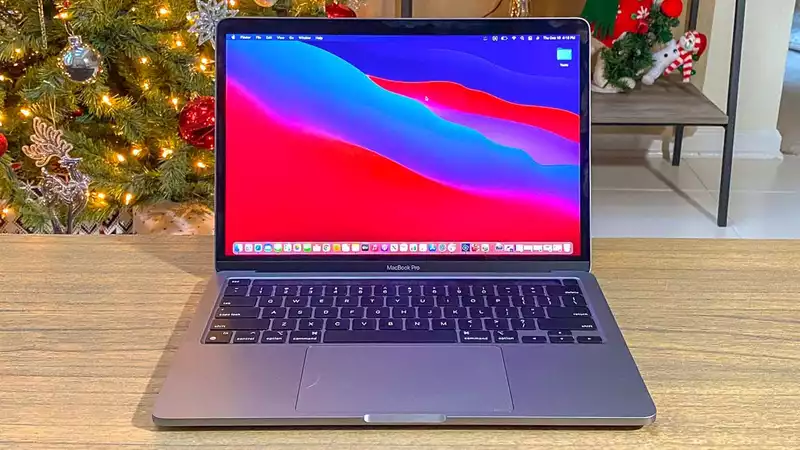M1 Macs, such as the MacBook Pro with M1 (and the latest MacBook Air and Mac mini), can run iPhone apps The only problem (for some developers) is that not all developers want to run their apps on a Mac And apparently Apple agrees with them
This news comes from 9to5Mac, which explains that Apple now displays an error message when you try to side-load an app onto a Mac This may ruffle the feathers of those who want full control over their Macs, but Apple's move makes sense
Some background: Apple Silicon processors, such as the Apple M1 chip, allow modern Macs to run iPhone and iPad applications However, these apps can only be downloaded through the Mac App Store, and only if the developer decides that the app should be used on a Mac
Then came third-party utilities like iMazing that made the impossible possible These programs allow users to access purchased iPhone and iPad apps so that they can sideload them
Apple has put a stop to this with its latest security measure, the macOS Big Sur 112 update Attempts to side-load an app now result in an error message that reads: "The developer does not intend to run on this platform" It doesn't matter exactly why the developer doesn't want the iPhone or iPad app to run on a Mac Maybe the performance isn't as good as the developer wants it to be Maybe it's terrible without the touch interface
In any case, the developer knows best, and if the app is already available on the iPhone or iPad, it is not unusable
Of course, iMazing and other utilities will find ways to circumvent Apple's efforts And Apple will find a way to stop them










Comments